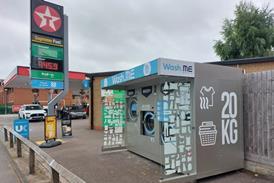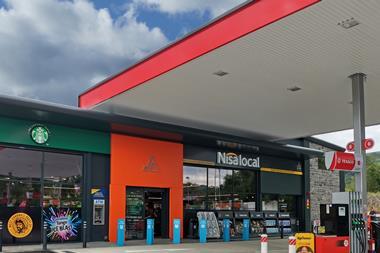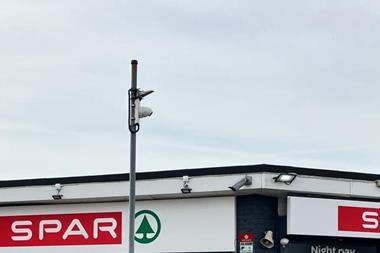British car manufacturing output fell by more than a fifth in the first half of 2019, with a 15.2% decline in June marking the 13th consecutive month of negative growth, according to figures released today by the Society of Motor Manufacturers and Traders (SMMT).
It reported that 666,521 cars rolled off production lines in the first six months, a year-on-year loss of 168,052 units due largely to falling demand in key markets, including the UK, exacerbated by factory shutdowns pulled forward in anticipation of the March Brexit deadline.
In June, output for the UK rose by 2,791 units following an anomalous -47.2% decline in the same month last year when preparation for the new WLTP emissions test impacted volumes. The underlying trend, however, remains downward, with year-to-date production for the domestic market down 16.4%.
The news comes as new SMMT research, also released today, reveals the cost to industry of ‘no deal’ Brexit preparations. At least £330m has been spent by the sector on contingency plans. Most major UK manufacturers have tied up working capital stockpiling materials and components, securing warehousing capacity and investing in new logistics solutions, additional insurance and training in new customs procedures. Many manufacturers have moved annual plant shutdowns from the summer to April, a measure which cannot be repeated for the proposed October departure date.
Meanwhile, latest figures show inward investment into the sector effectively stopped in the first half of the year. In the period January-June, newly pledged investment was down more than 70% to £90m, contrasting with the average annual investment figure of £2.7bn over the previous seven years.
SMMT chief executive Mike Hawes said: “Today’s figures are the result of global instability compounded by ongoing fear of ‘no deal’. This fear is causing investment to stall, as hundreds of millions of pounds are diverted to Brexit cliff-edge mitigation – money that would be better spent tackling technological and environmental challenges.
“The industry’s foundations are fundamentally strong, however, and we’re ready to work with the new government to build on these through the industrial strategy. We need an internationally competitive business environment to encourage more investment, more innovation and more growth.
“That starts with an ambitious Brexit deal that maintains frictionless trade and we look to the new administration to get a deal done quickly so manufacturers can get back to the business of building cars and helping deliver a brighter future for Britain.”
































No comments yet